Indigenous Governance Database
leadership advice
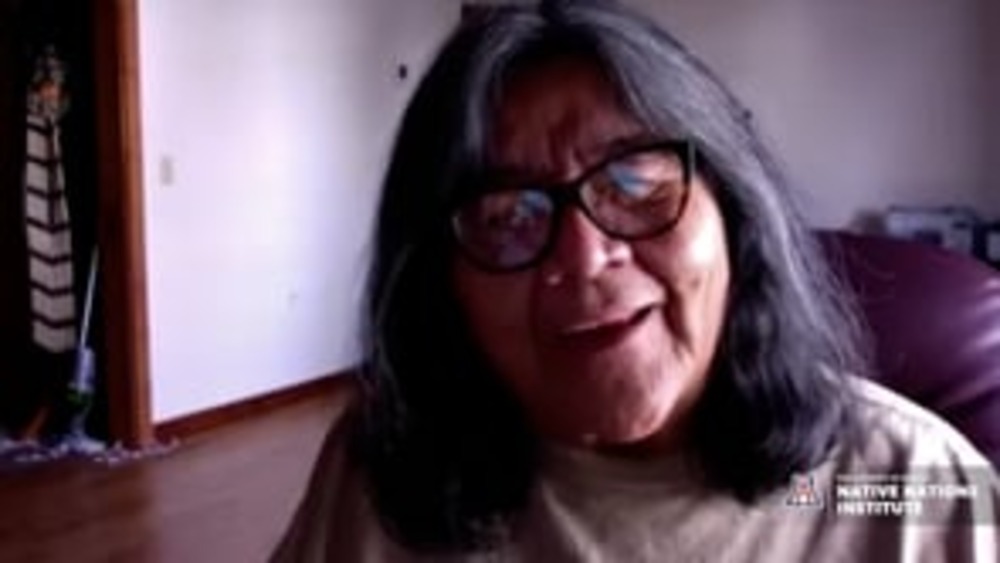
Indigenous Governance Speaker Series: A Message for Indigenous Women Leaders with Cecilia Fire Thunder (Oglala Sioux/Lakota)
The first woman to successfully run for president of the Oglala Sioux Tribe, Cecilia Fire Thunder shares valuable insight on being an impactful leader. Her wisdom includes stories about working with local and national governments and lobbying congressional leaders. She reflects on why and how she…
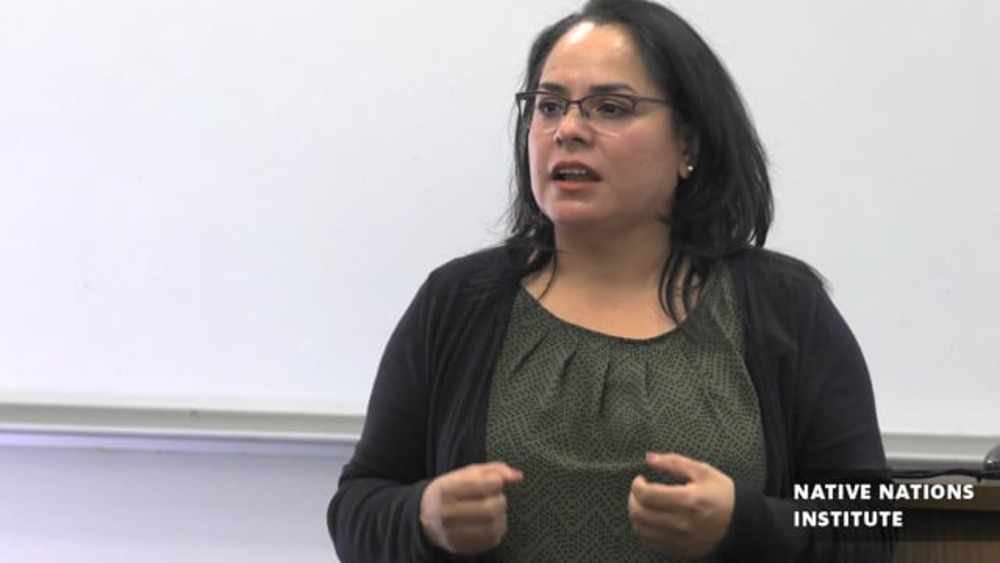
Herminia Frias: Native Women in Governance
Herminia “Minnie” Frias, Councilwoman, Pascua Yaqui Tribal Council. Councilwoman Frias shares her journey of being a Native woman leader, drawing from her experience in serving on her Nation’s Tribal Council both as a Chairwoman, and as a Council Member. Frias was the youngest person and first…
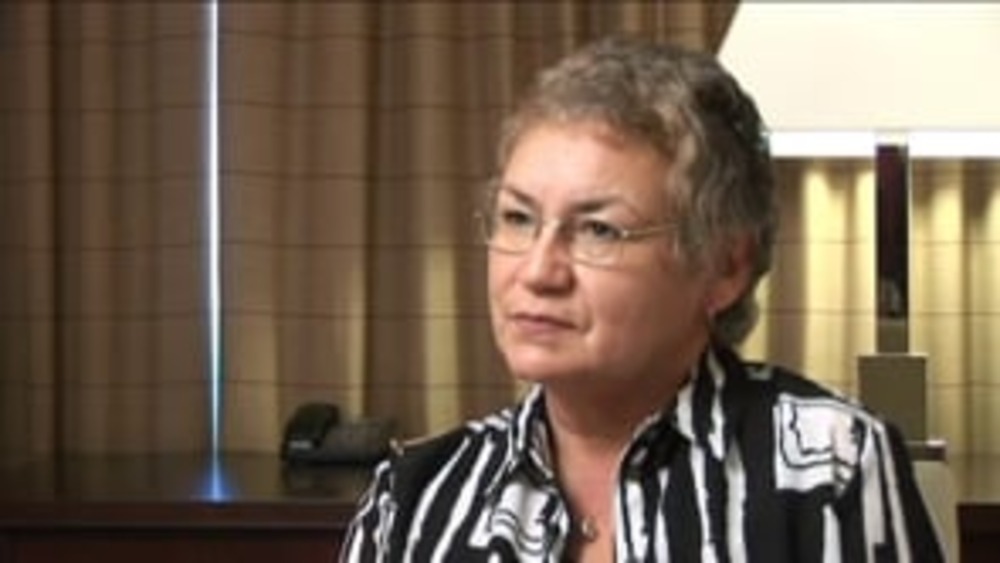
Sophie Pierre: Enacting Self-Determination and Self-Governance at Ktunaxa
In this informative interview with NNI's Ian Record, Sophie Pierre, longtime chief of the Ktunaxa Nation, discusses Ktunaxa's ongoing effort to reclaim and redesign their system of governance through British Columbia's treaty process, specifically Ktunaxa's citizen-led process to develop a new…
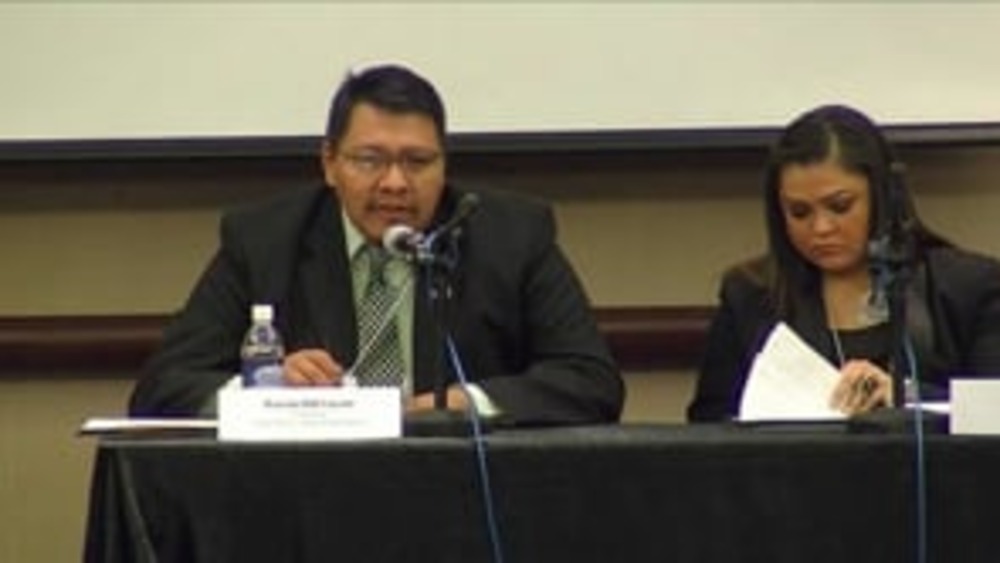
Jamie Fullmer, Rebecca Miles and Darrin Old Coyote: Our Leadership Experiences, Challenges, and Advice
Jamie Fullmer (former Chairman of the Yavapai-Apache Nation), Rebecca Miles (Executive Director and former Chairwoman of the Nez Perce Tribe) and Darrin Old Coyote (Chairman of the Crow Tribe) share what they wished they knew before they took office, the greatest leadership challenges they have…
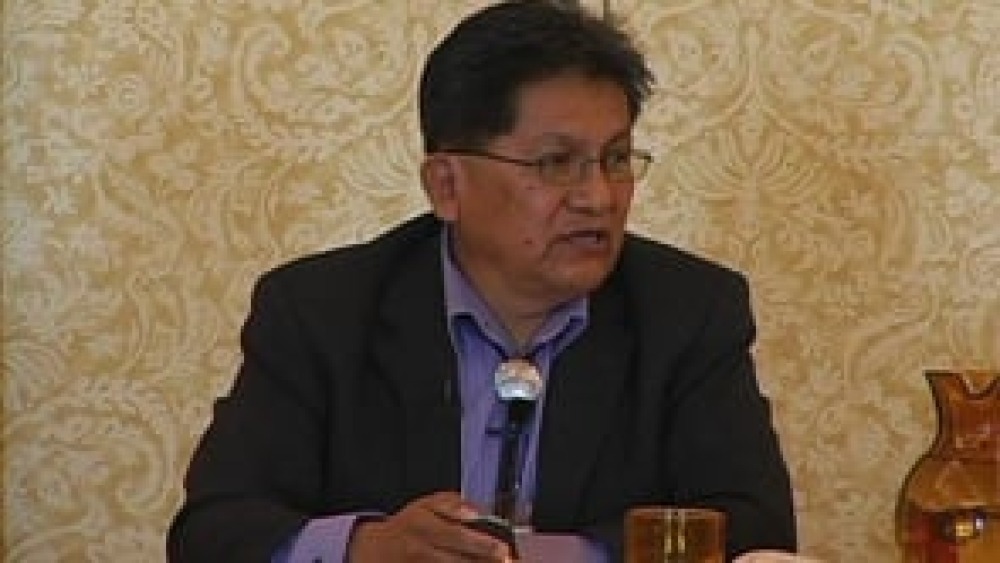
Ben Nuvamsa: What I Wish I Knew Before I Took Office
Former Chairman of the Hopi Tribe Ben Nuvamsa speaks about his tenure as the elected chief executive of his nation, and how the governance issues he and his nation have experienced in recent years offer important lessons to other Native nations.
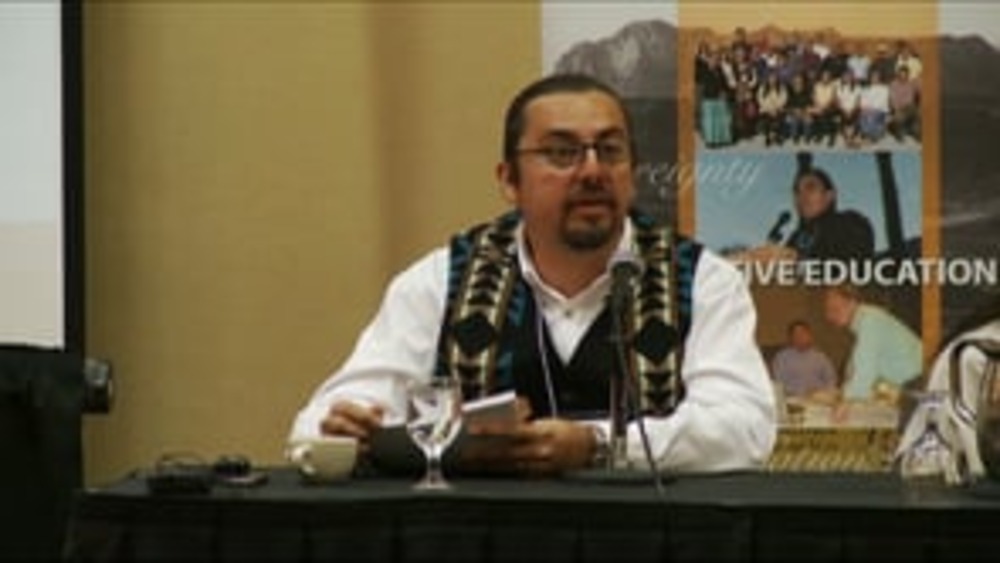
Gerald Clarke, Jr.: What I Wish I Knew Before I Took Office
Cahuilla Band of Indians Council Member Gerald Clarke, Jr. shares his thoughts about what he wished he knew before taking office as an elected leader of his nation.
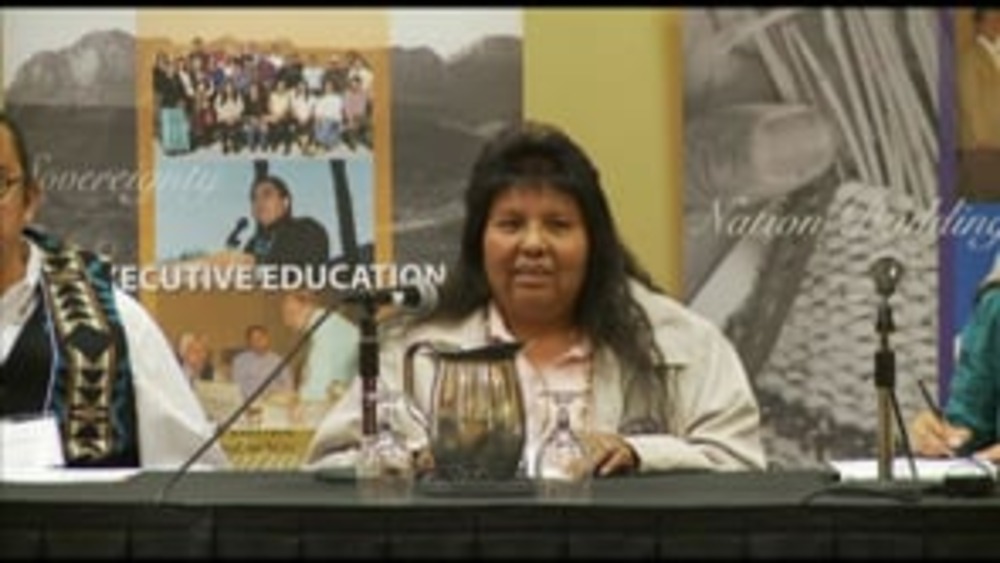
Cynthia Manuel: What I Wish I Knew Before I Took Office
Tohono O'odham Nation Legislative Council Member Cynthia Manuel discusses some of the challenges she has faced as an elected leader of her nation, and stresses the importance of leaders taking care of themselves physically, emotionally and spiritually.
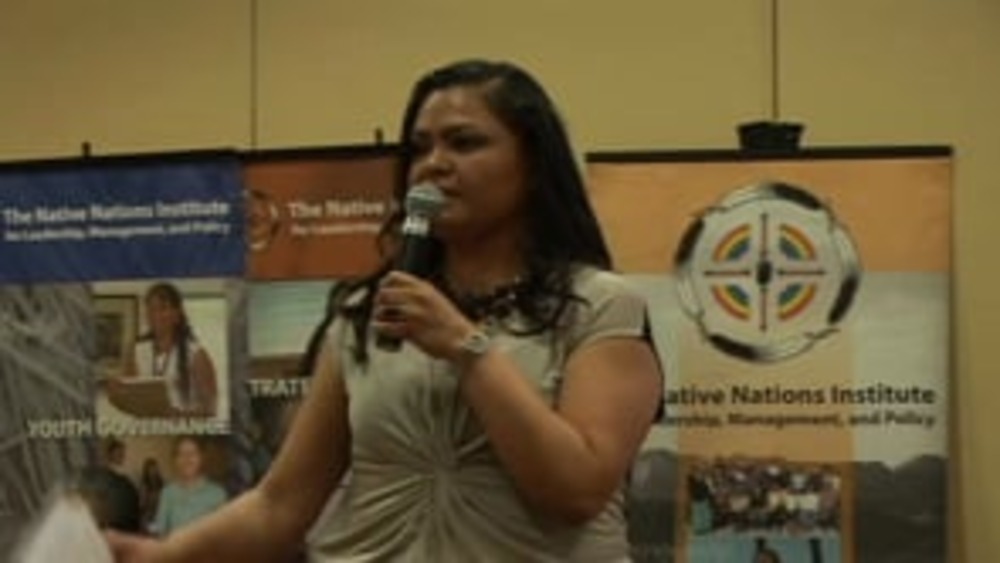
Rebecca Miles: What I Wish I Knew Before I Took Office
Nez Perce Tribe Executive Director Rebecca Miles discusses the challenges she faced as the first-ever chairwoman of the Nez Perce Tribal Executive Committee, and the strategies she used in order to govern effectively and make informed decisions.
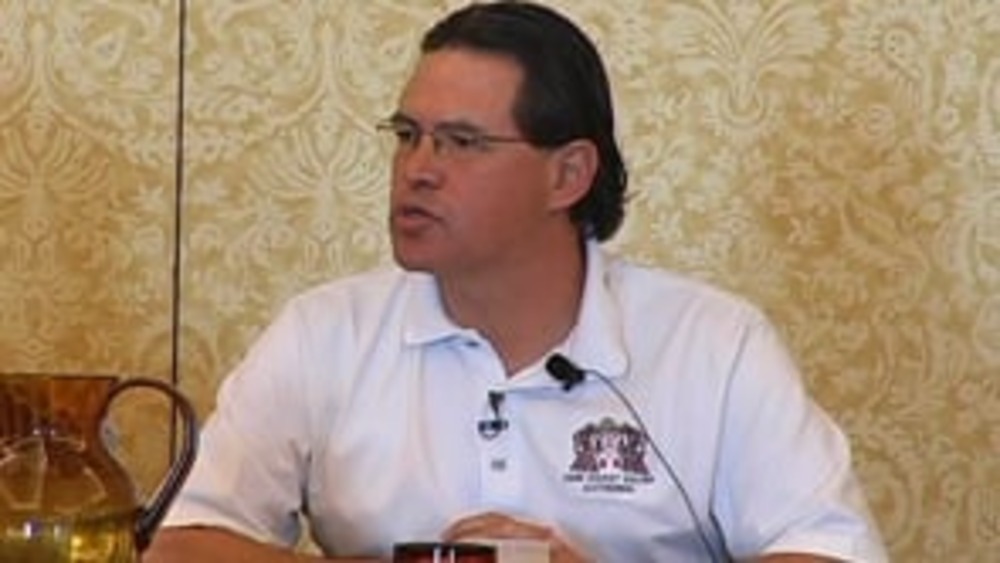
Brian Cladoosby: What I Wish I Knew Before I Took Office
Swinomish Indian Tribal Community Chairman Brian Cladoosby provides insight into his 25-plus years of service as an elected leader of his nation, and offers up-and-coming Native leaders important bits of advice for being an effective leader.
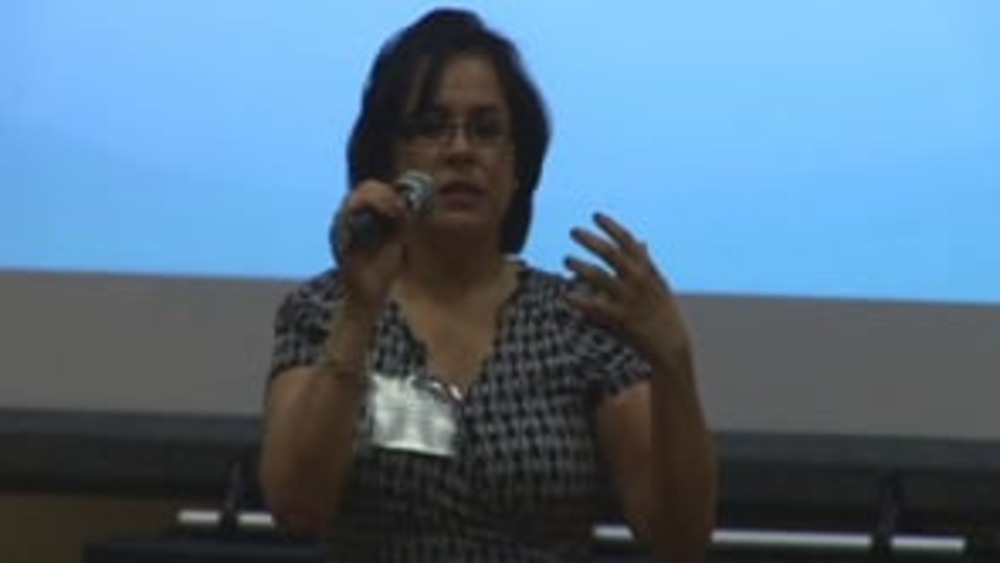
Herminia Frias: Engaging the Nation's Citizens and Effecting Change
Herminia Frias, former Chairwoman of the Pascua Yaqui Tribe, discusses the citizen engagement challenges she encountered when she took office as an elected leader of her nation, and shares some effective strategies that she used to engage her constituents and mobilize their participation in and…
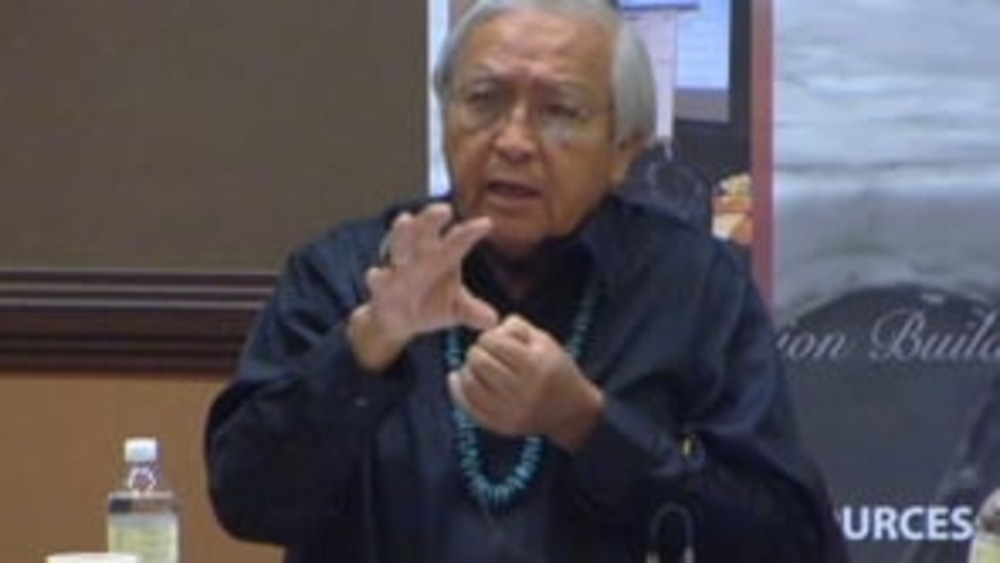
Peterson Zah: Addressing Tough Governance Issues
Former Navajo Nation President Peterson Zah shares the personal ethics he practiced while leading his nation, and discusses how he learned those ethics from his family and other influential figures in his life.
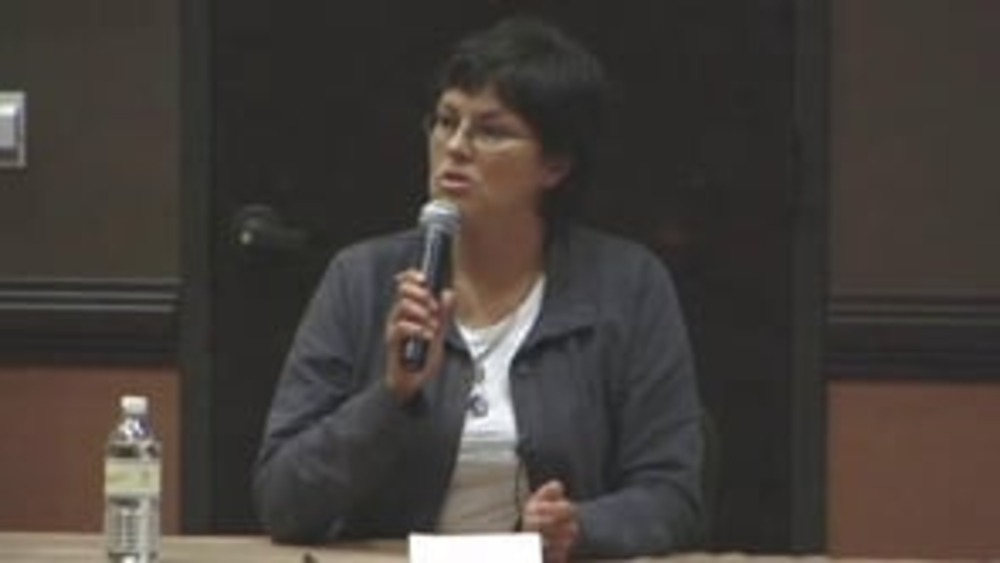
Patricia Ninham-Hoeft: What I Wish I Knew Before I Took Office (2009)
Oneida Nation Business Committee Secretary Patricia Ninham-Hoeft reflects on her role as a leader for the Oneida Nation and offers advice for newly elected leaders.
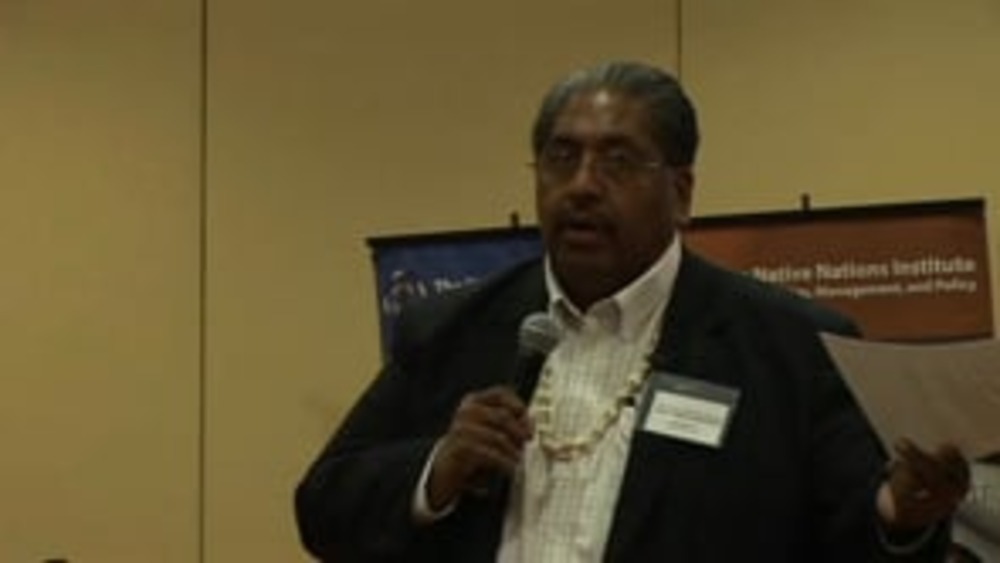
Ned Norris, Jr.: What I Wish I Knew Before I Took Office
Tohono O'odham Nation Chairman Ned Norris discusses some things he wished he knew before he took office as chairman of his nation, and shares some strategies that have worked for him as he works with his fellow leaders and the O'odham people to strengthen their nation.
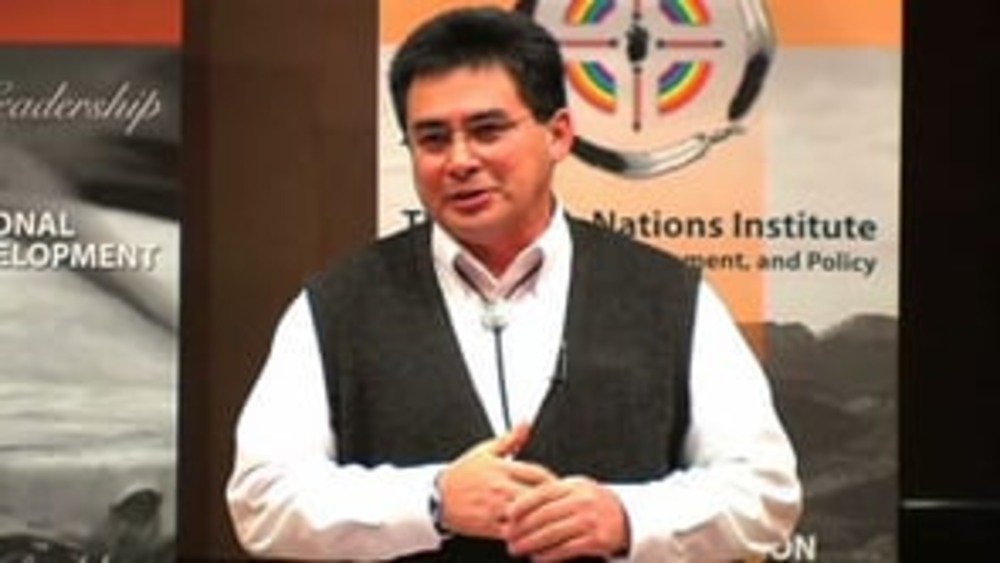
Jaime Pinkham: How Do You Hit the Ground Running?: Strategies for Handling the Load and Forging Ahead
Former Nez Perce Tribal Treasurer Jaime Pinkham speaks about his experience as a leader of his nation and what it takes to "hit the ground running" when one assumes a leadership role.

Michael K. Mitchell: Perspectives on Leadership and Nation Building
Mohawk Council of Akwesasne Grand Chief Michael K. Mitchell discusses the Akwesasne Mohawk's effort to regain control over their own affairs, and offers his advice to leaders who are working to regain jurisdiction over their lands and resources as well as rebuild their nations.
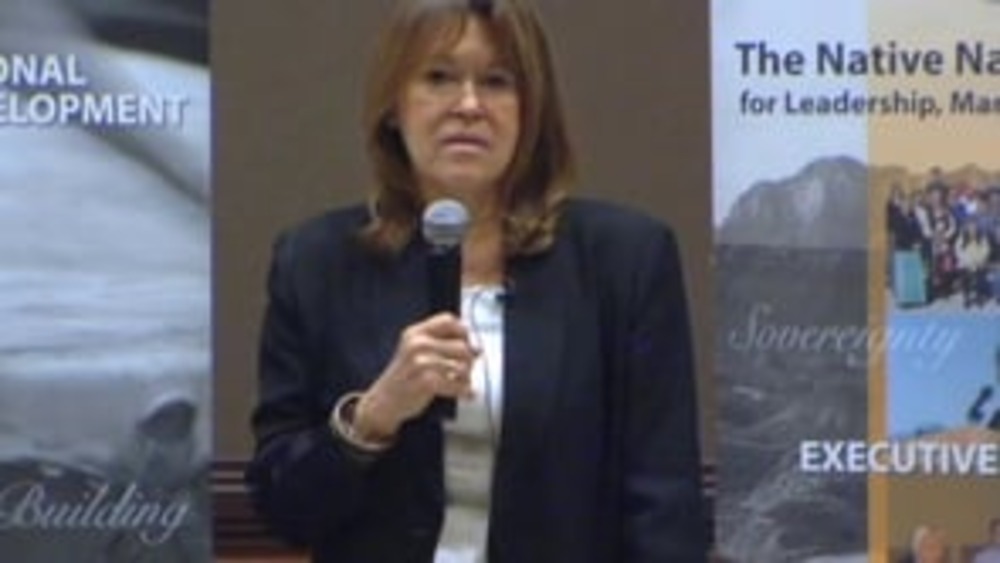
Patricia Zell: Addressing Tough Governance Issues
Former U.S. Senate Committee on Indian Affairs Democratic Staff Director and Chief Counsel Patricia Zell share some effective strategies for educating and lobbying members of the U.S. Congress, based on her many years of experience working for the U.S. Senate on Committee on Indian Affairs.
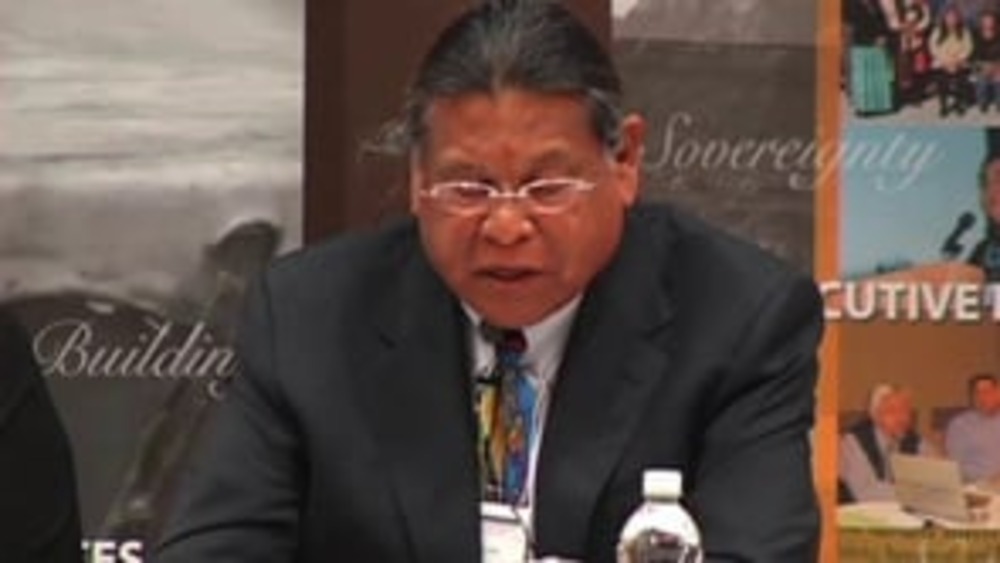
Anthony Pico: What I Wish I Knew Before I Took Office
Viejas Band of Kumeyaay Indians Chairman Anthony Pico reflects on his experiences as leader of his nation, and stresses the importance of Native nations strengthening their systems of governance in order to protect and strengthen their cultures and ways of life.
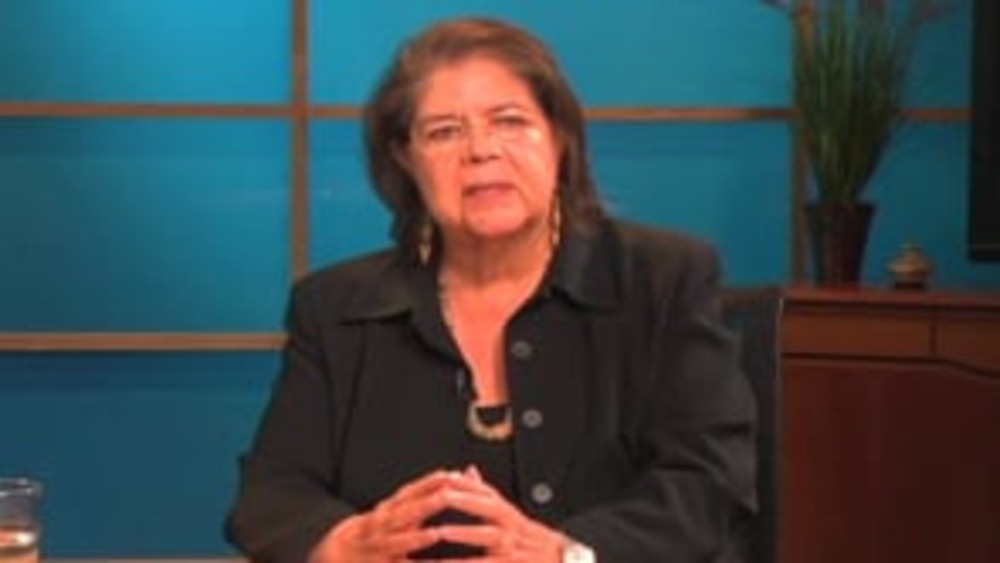
Wilma Mankiller: Governance, Leadership and the Cherokee Nation
As part of its ongoing interview series "Leading Native Nations," the Native Nations Institute (NNI) interviewed Wilma Mankiller, the late and former Chief of the Cherokee Nation, in September 2008. In the interview, she discussed her compelling personal story as well as the challenges the Cherokee…
Sophie Pierre: What I Wish I Knew Before I Took Office
Former Ktunaxa Nation Chief Sophie Pierre discusses the Ktunaxa Nation's nation-building struggle, and offers her thoughts on what sustainable leadership is and what it requires of leaders.
Karen Diver: What I Wish I Knew Before I Took Office
Fond du Lac Band of Lake Superior Chippewa Chairwoman Karen Diver shares her Top-10 list of the things she wished she knew before she took office as chairwoman of her nation, stressing the need for leaders to create capable governance systems and build capable staffs so that they focus on…
